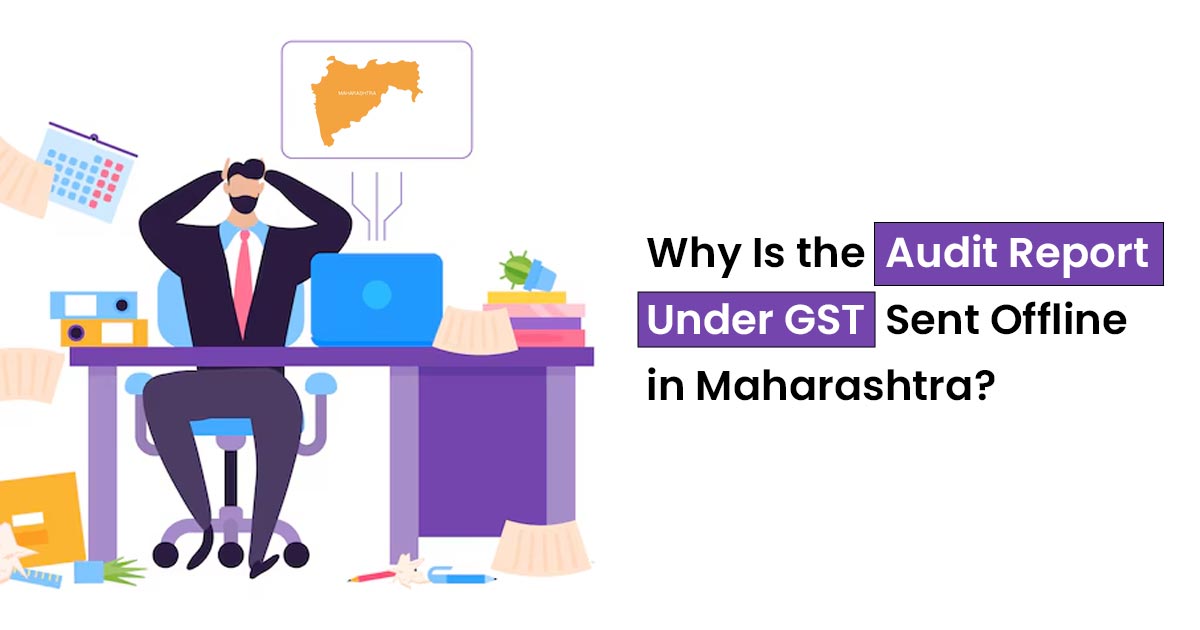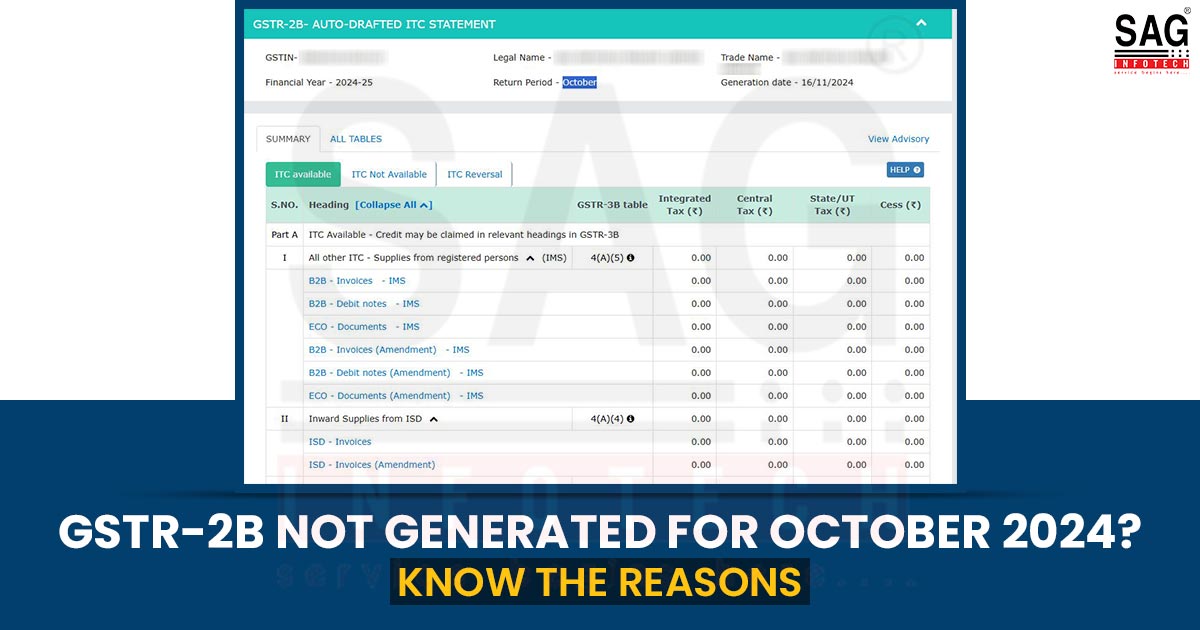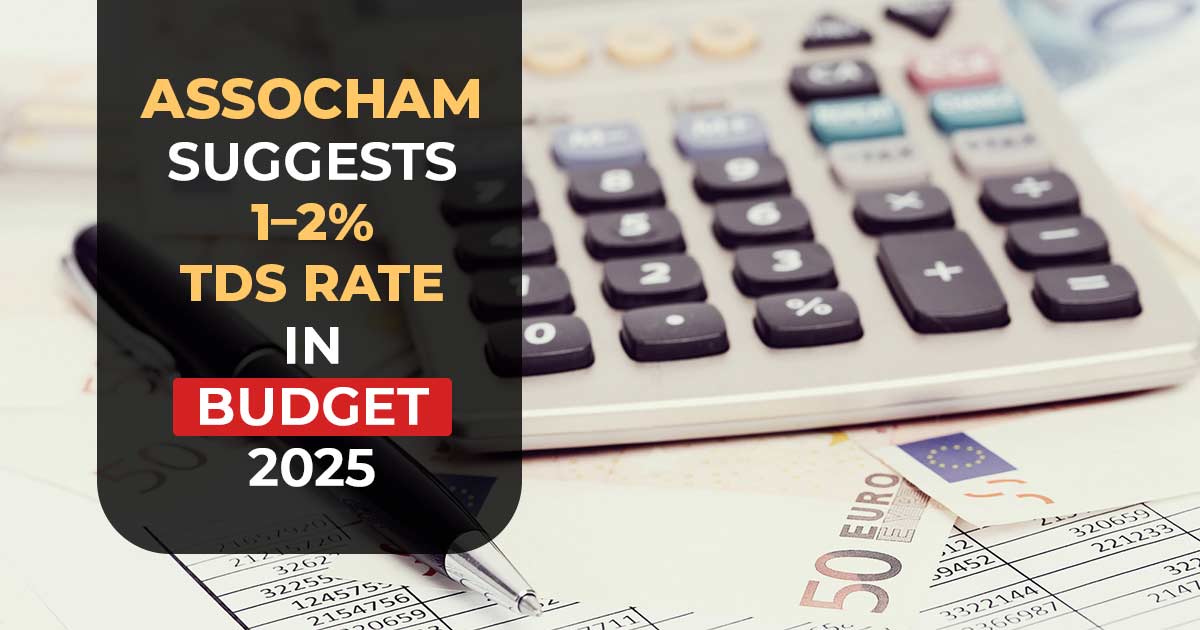
It was held by the Supreme Court that there will be no penalty imposed on a mere delay in the settlement of the TDS (tax deducted at source) after it has been deducted by the assessee under Section 271C of the Income Tax Act.
The bench of two judges, Justices M.R. Shah and C.T. Ravikumar, noted that the appropriate words used in Section 271C(1)(a) are “fails to deduct”. Also, it does not talk about the delayed settlement of the TDS. Further, the court ordered that the words “fails to deduct” defined in Section 271C(1)(a) cannot be understood as “failure to deposit”.
The Parliament provides that the outcomes of non-payment or delayed remittance of the TDS are resolved under Sections 201(1A) and 276B of the Act, added the Apex Court.
The bench on that account ignored the penalty under Section 271C for delayed settlement of TDS by the assessee, which had been upheld by the Kerala High Court.
TDS was deducted in respect of the salaries, contract payments, etc. made to its employees for the respective assessment year by the assessee, M/s US Technologies International Pvt Ltd. The assessee works for a software development company. And, the assessee settled a portion of the TDS after it got delayed.
On the demand of the assessee, a survey was conducted by the revenue department, where it was observed that no TDS had been deposited before the deadline under the Income Tax Rules, 1962. As a result, for the period of delay in settling the TDS, the income tax officer ordered levying penal interest under Section 201(1A).
The Additional Commissioner of Income Tax (ACIT) ordered a penalty equal to the TDS deducted for the relevant assessment year in an order under Section 271C. The Kerala High Court upheld the ruling of the ACIT in response to an appeal the assessee filed against the aforementioned order.
In the Apex Court, the assessee challenged the order saying TDS had not been properly deducted. It is only related to the issue of remittance delays. It was therefore required to pay the penal interest under Section 201(1A), but it argued that Section 271C cannot be used to charge a penalty for merely settling the TDS after the date given.
Regarding the issue, the revenue department noted that an assessee is liable to pay a fine under Section 271C if the Tax Deducted at Source(TDS) was properly deducted by the assessee but the payment of it to the government was postponed or delayed after the deduction.
According to Section 271C(1)(a), if anybody fails to deduct all or a portion of the tax as required by Chapter XVII-B, they will be responsible for paying a penalty equivalent to the amount of tax they failed to deduct.
According to the case’s facts, the Apex Court determined that there had been a belated reimbursement of TDS that the assessee had withheld, rather than a non-deduction of TDS.
Read Also: No Tax Penalty U/S 271B If Audit Report & ITR Submitted Before Assessment
The Court stated that the language used in Section 271C(1)(a) is quite clear, and the right phrases used are “fails to deduct,” while ruling that Section 271C(1)(a) was applicable to the case. It makes no mention of TDS payments that are delayed.
The bench continued by stating that, in accordance with the official legal stance, the punitive clauses must be written strictly and literally. In addition, the penal provisions should be left in place in accordance with the fundamental rule for interpreting laws. The Court ruled that the criminal provision cannot be modified in any way.
The court decided that while Section 271C of the Income Tax Act of 1961 can be read that there cannot be a penalty imposed for the assessee’s delayed settlement of TDS after it has already been taken. Additionally, it is stated that the penalty under Section 271C(1)(b) can only be used when tax is not paid as required by Section 115-O(2) or the provision to Section 194B.
The Apex Court further pointed out that Section 201(1A) and Section 276B of the Act held any penalties for non-payment and/or delayed return of TDS that the Parliament wanted to enact.
The court decided that Section 201(1A), which allows for the levying of interest for delayed TDS settlement after the assessee has deducted it, is compensatory in nature.
The word “pay,” which is absent from Section 271C(1)(a), is used in Section 276B, which provides for prosecution for failure to pay the TDS after deducting the same.
Read Also: ITAT: Payments Made to Non-Residents Not Subjected to TDS
Even the CBDT has decided to impose no penalty under Section 271C of the Income Tax Act for non-deduction of TDS, and no penalty is contemplated under Section 271C for delayed remittance, payment, or deposit of the TDS. The court stated, asserting the CBDT’s Circular No. 551 dated January 23, 1998.
The assessee was not required to pay the fine under Section 271C of the Income Tax Act, the court said after allowing the appeal and putting aside the judgement of the Kerala High Court.
| Case Title | M/s US Technologies International Pvt Ltd vs. The Commissioner of Income |
| Citation | Civil Appeal No. 7934 of 2011 |
| Date | 10.04.2023 |
| Counsel for the Appellant | Ranjan Kumar Pandey |
| Counsel for the Respondent | Raj Bahadur Yadav |
| Kerala HC | Read Order |










